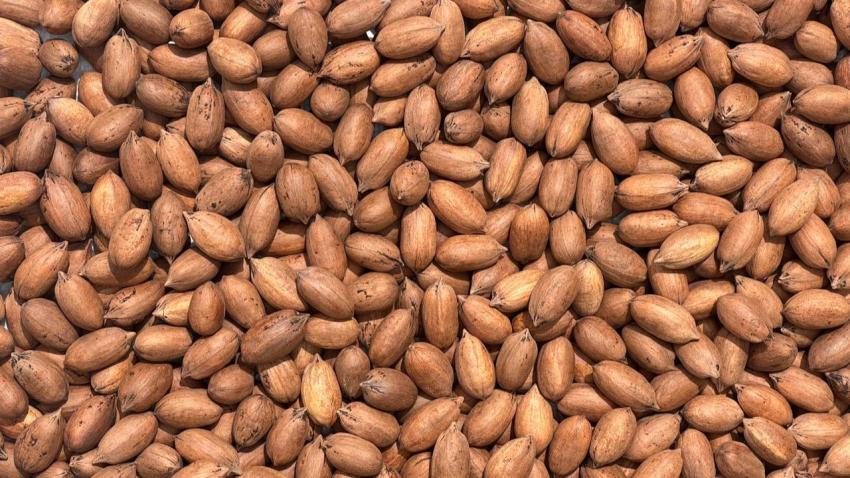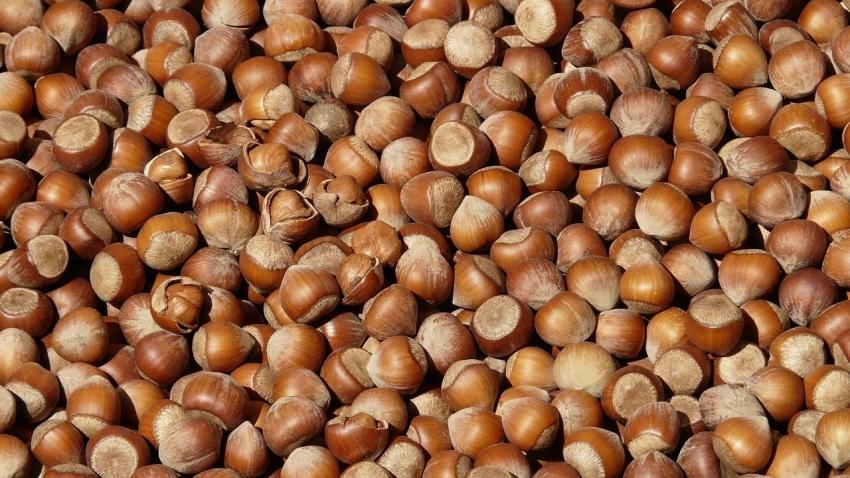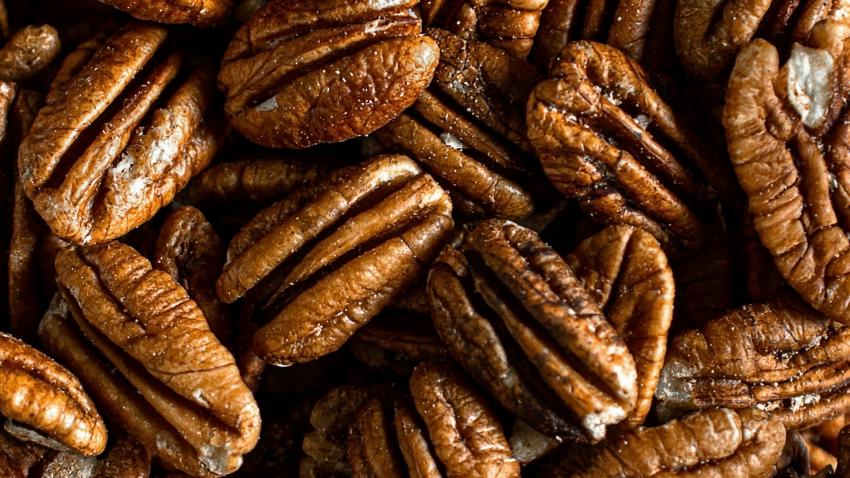You are here
Back to top3000% Increase in Mexican Pecan Exports to China
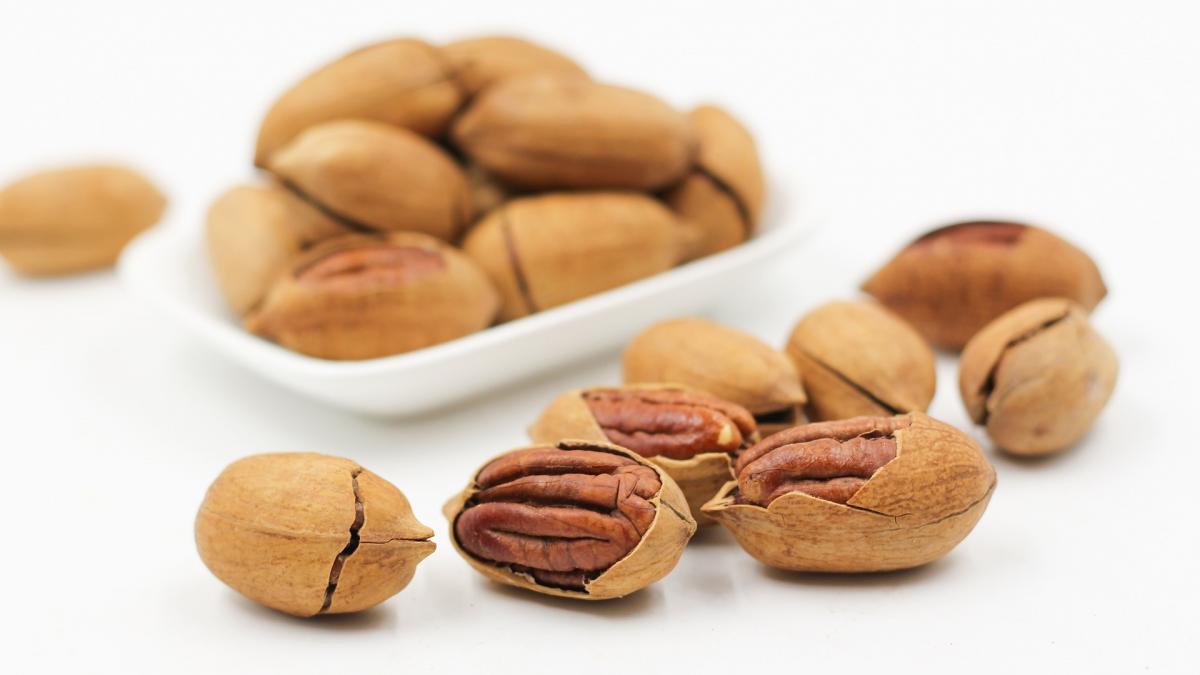
This year’s China International Tree Nuts Conference, which was held on August 5–7 at the International Convention and Exhibition Center in Zhengzhou, Henan Province, attracted experts from over 20 countries to network, share their opinions on the global market, and promote the development of the tree nut sector. At the event, Carlos Aldeco Reyes Retana, cofounder of Sinomex Agrosolutions, a company that specializes in increasing trade and investment in the agri-food sector between Mexico and China, delivered a presentation about Mexican pecans. Produce Report was in attendance to learn more about the Mexican pecan industry and its goals for the Chinese market.

In the face of the ongoing trade war between China and the U.S., many of China’s pecan buyers have shifted their purchasing habits to neighboring Mexico. In fact, Mexico’s pecan exports to China increased by more than 3000% in 2018 relative to the previous year, with a total value surpassing $19.5 million. Mexican pecans exported to China benefit from a customs tariff of only 7%, in contrast to the tariff of 47% now applied to U.S. pecans. These increased tariffs have also reduced the exports of U.S. almonds and hazelnuts to China.
Pecans are native to northern Mexico and the southern U.S. and have a long history of being consumed and cultivated in this region. Mexico is currently the world’s largest producer of pecans and harvested 147,000 tons, 48% of the global supply, in 2017. The U.S. accounted for much of the remaining production (46%) in 2017, with most of the remainder originating from South Africa (4%) and Australia (1%).

Mexico’s production of in-shell pecans has been steadily growing over the last decade, from 80,000 tons in 2008 to 147,000 tons in 2017 (+84%), with an average annual growth rate of 8%. Mexican pecan production is predominantly concentrated in the three northern states of Chihuahua, Coahuila and Sonora, with Chihuahua in particular accounting for 63% of Mexican production and 37% of global production during 2017/18, making this state the leading supplier of pecans worldwide.
The main varieties of pecans grown in Mexico are Western, Wichita and Mahan. Pecans are considered to provide numerous nutritional benefits as they are rich in omega-3 and omega-6 fatty acids, antioxidants, over 19 vitamins including vitamin B6, vitamin E and folic acid, and minerals such as calcium, potassium and zinc.
China is currently the #3 consumer of pecans worldwide, accounting for 19% of global consumption after the U.S. (44%) and Mexico (23%) and ahead of Canada (4%), the Netherlands (3%) and the U.K. (2%). It is estimated that approximately 56% of pecans are consumed in households and 44% are used industrially. In addition to Mexico, China also imports pecans from South Africa.
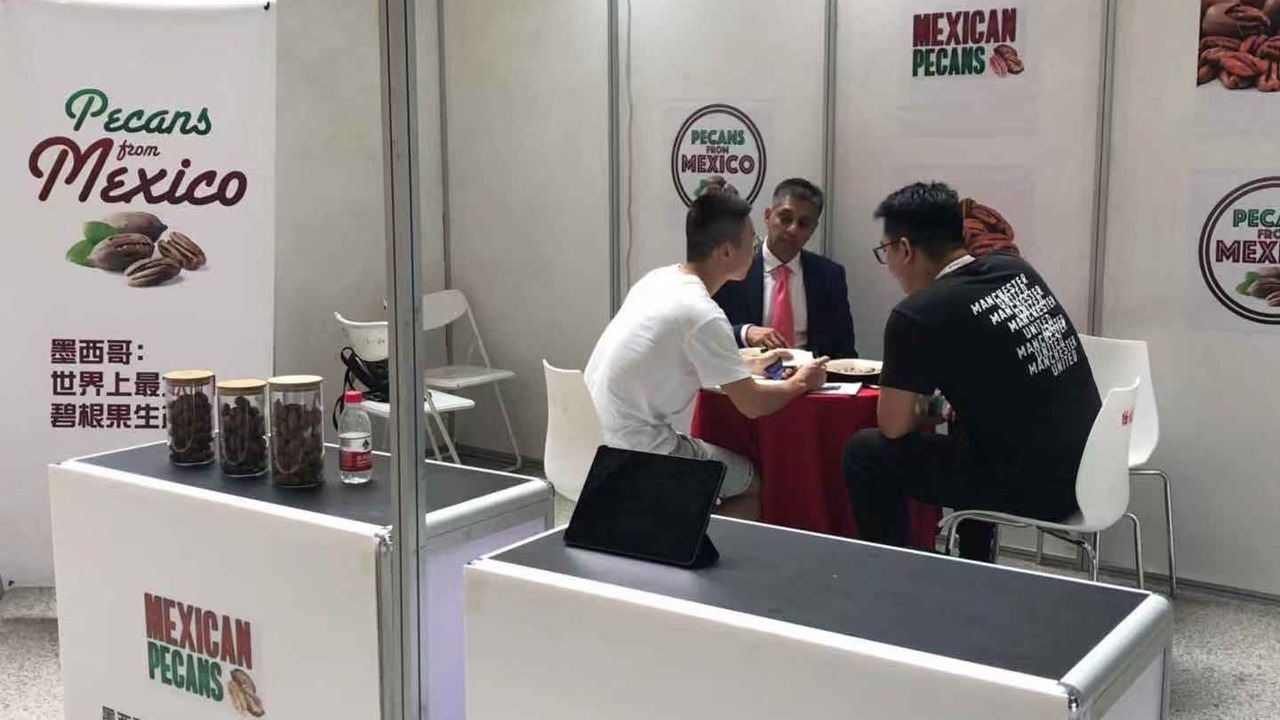
Mexico’s annual exports of in-shell pecans averaged 27,000 tons over the ten years from 2008 to 2017. Mexico exports approximately 80% of its pecan production, of which 50% of in-shell pecans and 65% of shelled pecans are exported to the U.S. to supply the North American market and beyond, with a portion re-exported to other countries. Prior to the trade war, some Mexican pecans initially exported to the U.S. were re-exported to China owing to the greater awareness of U.S. pecans among Chinese consumers, whereas the current tariff situation encourages direct exports from Mexico to China.
Mexican Pecans is an association representing the main pecan producers in Mexico, whose members own over 10,000 hectares in northern Mexico and account for an annual production of more than 19,000 tons. The association is currently seeking to expand its business relationships with Chinese clients and partners.
Image sources: Pixabay (main image), Sinomex Agrosolutions (body images)




